Hello Friends!
For the month of May, we go north with our meanderings through the landscape of African geomythology. Come along as we cross the Sahara with the Tuareg, the African continent’s great desert nomads. We will travel through the desert where nature has been stripped bare, where nature has vanished and turned into a spirit.
“If you refuse a traveler a sip of water, the desert will deny you water.” — Tuareg saying
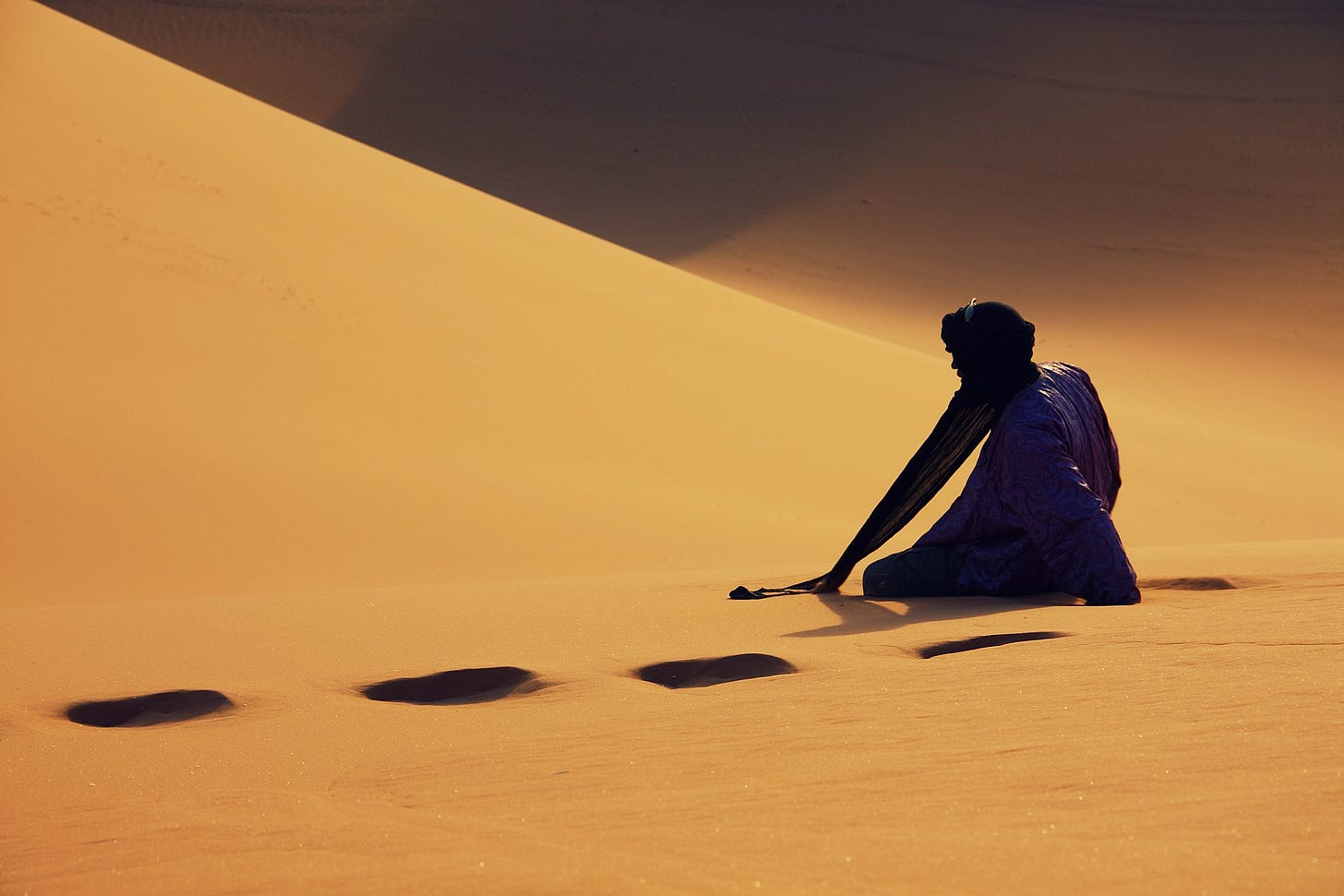
References
de Foucauld, Charles. Chants touaregs (French Edition) (p. 92-94). Albin Michel. Kindle Edition.
Al-Koni, Ibrahim. The Fetishists. University of Texas Press, 2018. p 159 - 163
Can’t Get Enough?
Tuareg Camel Folk Music
In this episode, we take a camel-back trip across the Sahara and discover how the Tuareg have immortalized their most beloved animal companion in word and song.
The Desert in Ibrahim al-Koni's "Al Majus"
In this week’s episode, we witness the beautifully complex relationship between the sun and the Sahara desert as portrayed by celebrated Libyan author Ibrahim al-Koni in Al Majus (AKA The Animists, The Fetishists, or Through the Labyrinth), a book considered by many to be his magnum opus.
Tuareg Tea-time: Folklore and Culture
Among the Tuareg and many people of the Sahelian region of Africa, tea is more than a beverage. It is a way of life. But how did this come to be, and what has it got to do with the legendary Lost Oasis of Waw in Tuareg folklore? Listen on for some Tuareg Tea folklore and more…
The Terrestrial and Celestial Waw
This week, we continue our foray into Ibrahim al-Koni’s Al Majus or The Animists, this time visiting the Oasis of Waw, a legendary oasis from Tuareg folklore. Waw is a lost paradise, one of those place mentioned in folklore as accessible only to those it chooses to reveal itself to. In Tuareg philosophy, as described by the author, there are two Waws – …
Meanwhile…
The Watkins Book of African Folklore (…or The Mythological Africans Book) is out!
The Watkins Book of African Folklore contains 50 stories, curated from North, South, East, West and Central Africa. The stories are grouped into three sections:
Creation myths and foundation legends
Stories about human relationships and the cultural institutions they created
Animal tales (with a twist…the folktales are about some of the most unlikely animals!)
I thoroughly enjoyed digging into the historical and cultural context out of which the stories, their themes, and protagonists emerge. There is something for everybody!


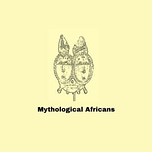


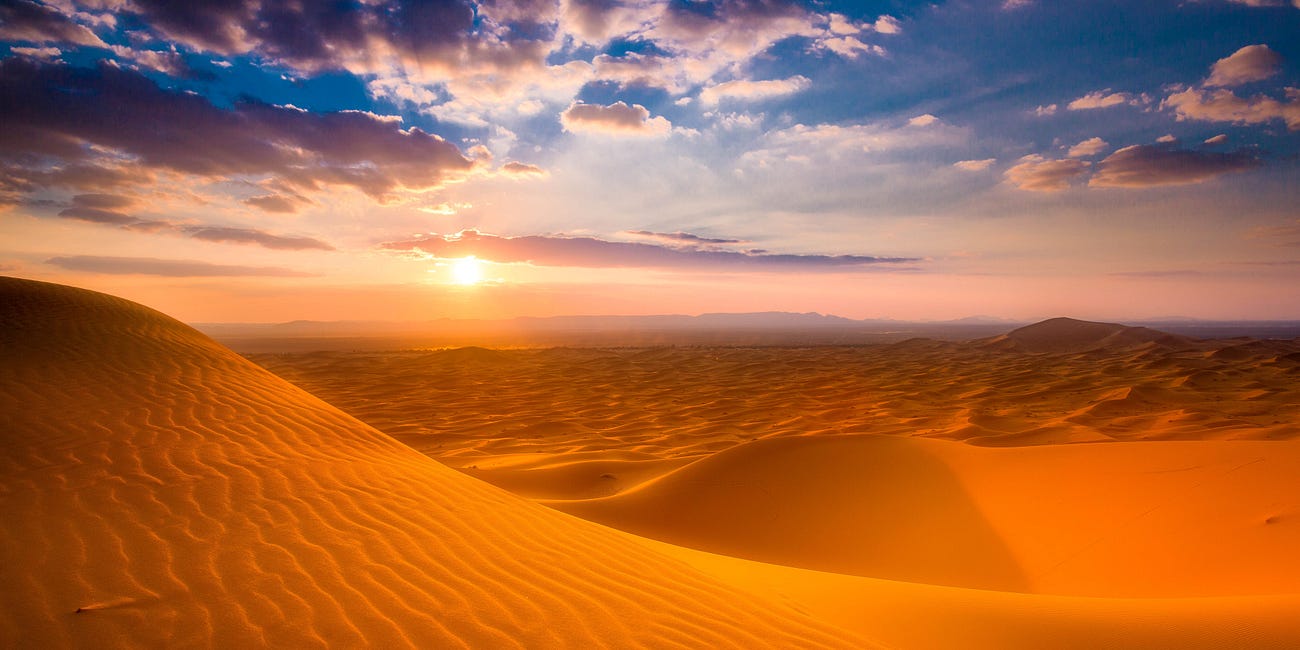
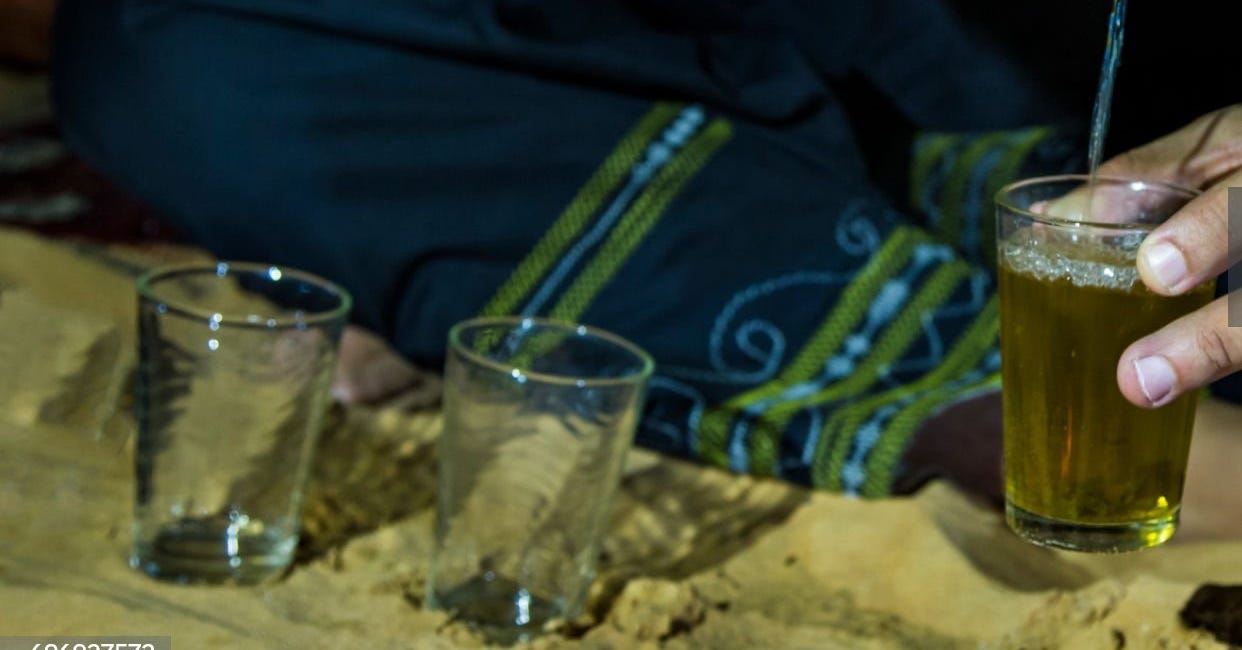
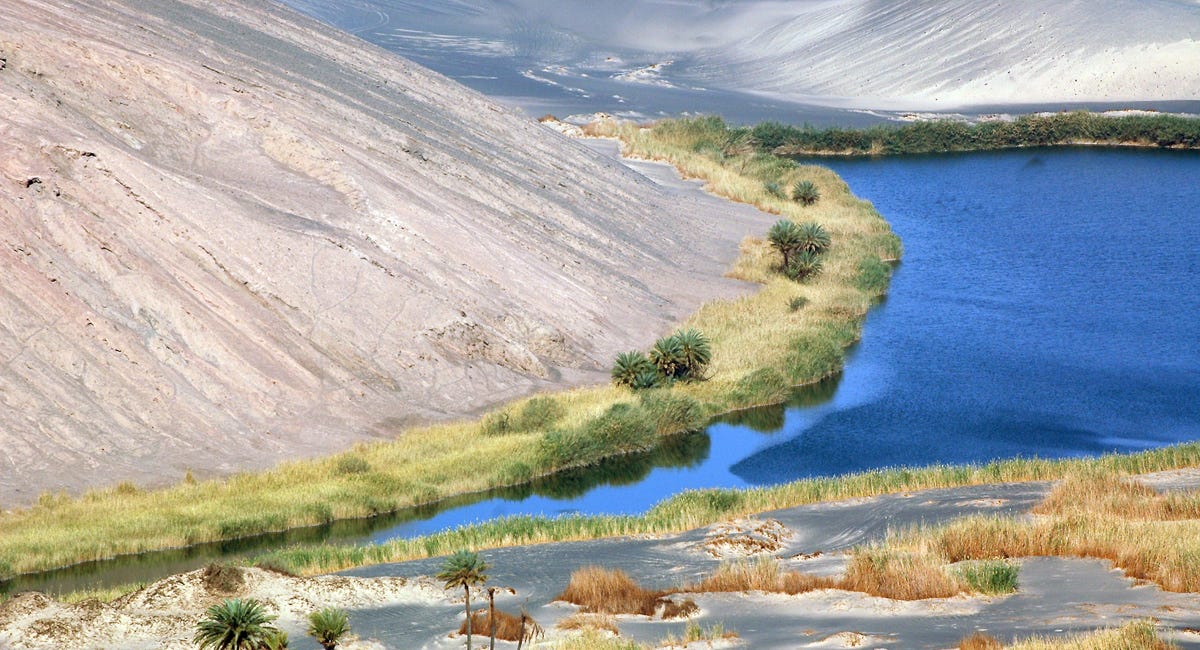
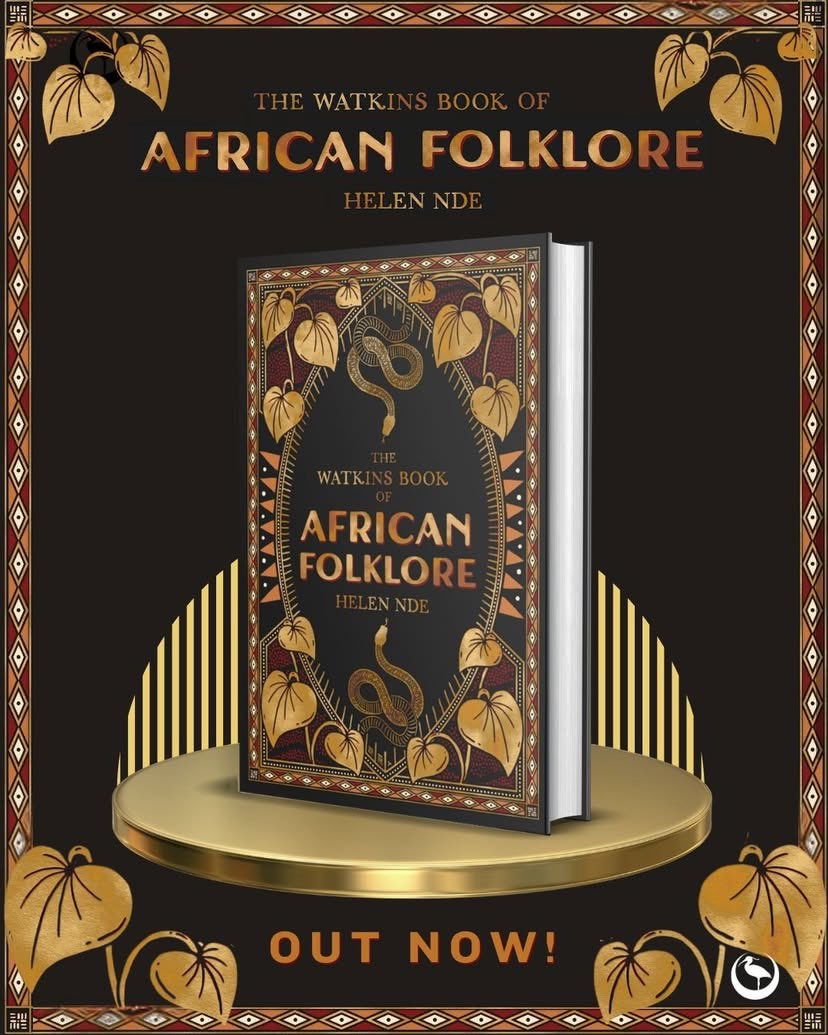


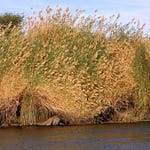
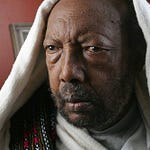

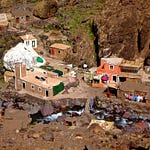
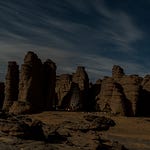
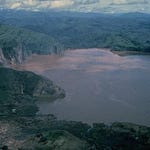
Share this post